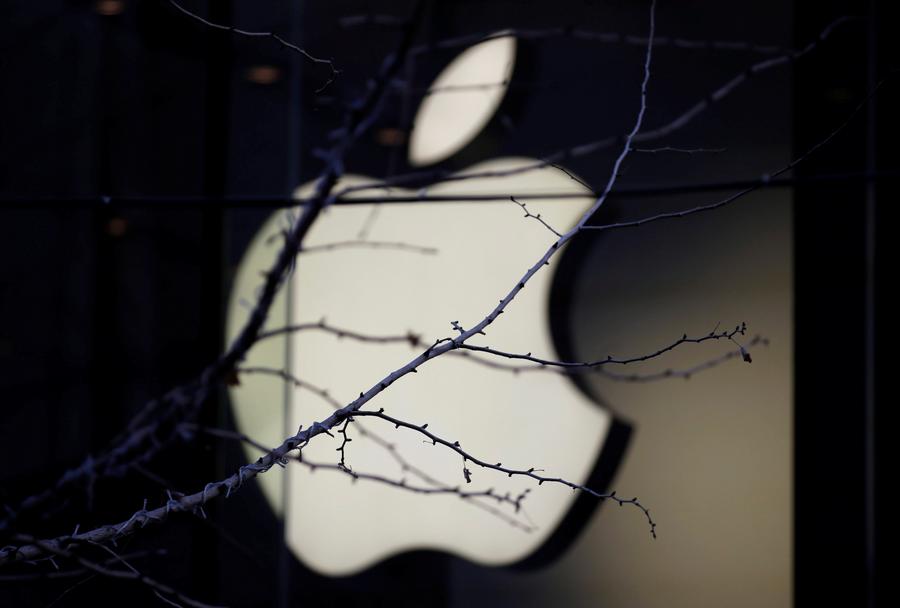Groundless accusations won't help US economy
China Daily | Updated: 2019-01-07 07:51

The White House's reaction to Apple's slashing its revenue guidance for the fiscal first quarter is both odd and unreasonable. Speaking on Friday, the day after Apple's announcement, Director of the National Economic Council Larry Kudlow said China may have "picked off" Apple's technology as it was becoming very competitive with the US giant.
Apple did cite an unexpected slowdown in China as one of the reasons for its downturn in revenue, but there are probably a couple of reasons for that: The trade frictions with the United States have damped Chinese consumers' enthusiasm for US products, and Apple has priced its new products beyond the reach of the majority of Chinese consumers. Apple CEO Tim Cook said that Chinese consumers are spending less, which is not necessarily true. It is primarily because Chinese consumers have more choices now at every price point.
And the reality is that with the next big thing yet to emerge, the competition is fierce in a market where the existing technology has been around for awhile.
And while Apple's phenomenal success and the smartphone market have been built on the success of the iPhone, the White House might want to bear in mind that Apple didn't invent the smartphone. The first phone to be marketed as such was a model introduced by the Swedish company Ericsson. What Apple did was to give mass appeal to what had hitherto been considered a corporate tool and set the template for all that have followed.
Now when every smartphone is based on that proven paradigm, making wild surmises about successful later comers is not only groundless but also unhelpful for forerunners such as Apple, who need to locate where their problems are and try to find a way to stay relevant to changing consumer demand.
Kudlow's remarks were made just before Chinese and US trade officials are due to meet this week to discuss trade. Was he deliberately trying to exert pressure on China for the talks or is that just the way the current administration is accustomed to thinking?
It is the hope of many that the trade talks between Chinese and US trade officials this week will be able to achieve some progress in bringing to an end the trade frictions.
But to make a deal needs the willingness and efforts of both China and the US. It would be wrong for Washington to think it is only China that is under pressure. If US officials keep pointing accusing fingers at China and the trade frictions continue, both economies will suffer, not only directly but also indirectly, as the global economy as a whole will feel the effects.
























